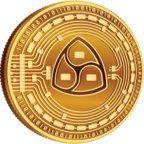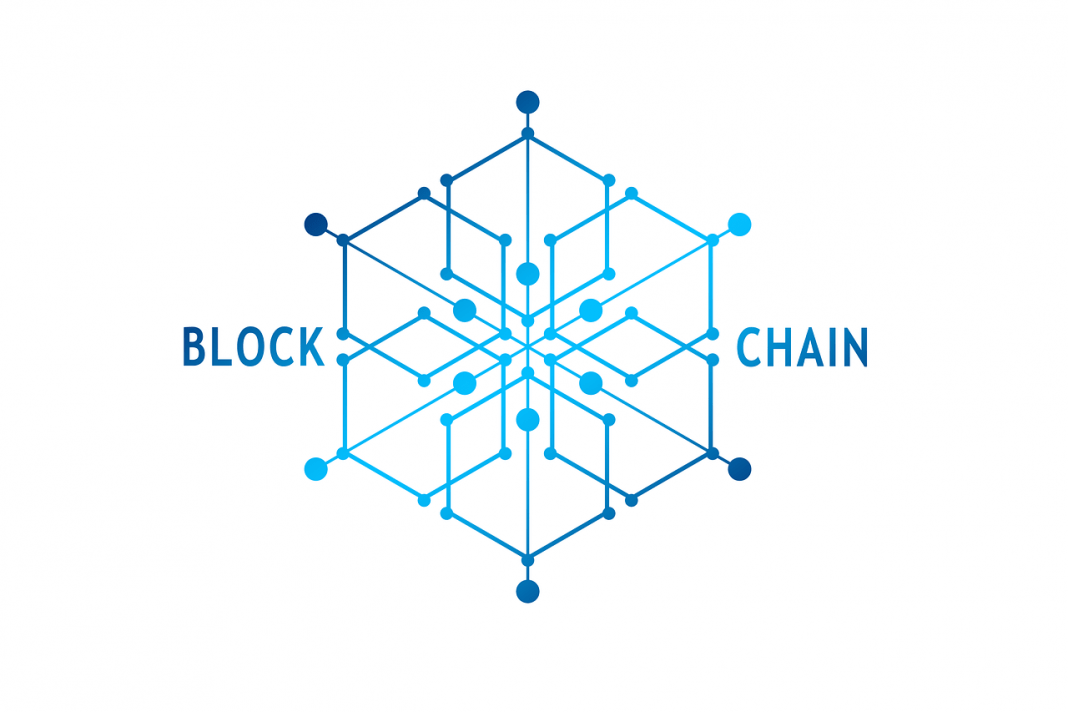A blockchain is a specific type of database, stored in so-called blocks connected through complex cryptographic protocols. These make it almost impossible to compromise the data stored on the blockchain. This is because any changes to one block immediately corrupt the data in other blocks. Blockchains store data in blocks that are then chained together. As new data comes in it is entered into a fresh block. Once the block is filled with data it is chained onto the previous block, which makes the data chained together in chronological order.
Who Invented Blockchain
The first blockchain launched in 2009 as the technology underpinning Bitcoin, made by a person or group of people under Satoshi Nakamoto’s name. It is considered that blockchain separated from Bitcoin in 2014, and from then on, the technology is sometimes referred to as blockchain 2.0. This means that it is used for purposes other than Bitcoin from that time on, first starting with other cryptocurrencies and then moving on to other use cases.
Three main characteristics of Blockchain
1. Immutability: Immutability means that something cannot be changed once it has been created. Of course, information can be updated, but this is added to a new block. This ensures that you can trace its history reliably and serves as fraud prevention.
2. Decentralization: Decentralization is the transfer of authority and responsibility from a single, central authority to all participants.
3. Transparency: Anyone can see every transaction and all related information through so-called block explorers.
Bitcoin vs. Blockchain
The computers that makeup Bitcoin’s network are called nodes. In a blockchain, each node has a full record of the data that has been stored on the blockchain since its inception. For Bitcoin, the data is the entire history of all Bitcoin transactions.
The key thing to understand here is that Bitcoin merely uses blockchain as a means to transparently record a ledger of payments, but blockchain can, in theory, be used to immutably record any number of data points. This could be in the form of transactions, votes in an election, product inventories, state identifications, deeds to homes, and much more.
Currently, there is a vast variety of blockchain-based projects looking to implement blockchain in ways to help society other than just recording transactions. One good example is that of blockchain being used as a way to vote in democratic elections. The nature of blockchain’s immutability means that fraudulent voting would become far more difficult to occur.
Smart Contracts
A smart contract is a computer code that can be built into the blockchain to facilitate, verify, or negotiate a contract agreement. Smart contracts operate under a set of conditions that users agree to. When those conditions are met, the terms of the agreement are automatically carried out.
How Does Blockchain Work?
You create a transaction, pay the network fee, your transaction is added to a block, the block is added to the blockchain.
Public vs Private Blockchains
All the properties we covered throughout this guide are specific to so-called public blockchains. With the ascent of blockchain 2.0, some enterprises needed to use the technology for their own purposes. As their name implies, private blockchains are not available to everyone. They are usually reserved for the company and its partners.
Blockchain Use Cases
- Supply chain: suffering from long and heavy paper trails, the supply chain industry benefits from blockchain in that it removes the need for all participants to have their own copies of everything. With a single, immutable source of information, data reconciliation becomes much faster and removes the need for any unnecessary third parties.
- Insurance: another case in which data reconciliation is important, blockchain allows all participants to see what was done by whom. This prevents insurance fraud and speeds up all processes.
- Banking: blockchain allows for faster and more efficient cross-border payments but also adds a new layer of transparency and accountability to traditional finance. This is why many banks are looking into their own central bank digital currencies (CBDCs).
- Healthcare: the coronavirus pandemic has proven a need for accessible healthcare information. Using blockchain, users can decide who to share their information with, which includes vaccination status, whether or not they’ve had Covid, and if they are at risk—all information that can help them lead a more normal life, like go to concerts and events, if they’re healthy.
- Pharmacy: pharmaceuticals are often counterfeit and/or sold on black markets, which can be extremely dangerous. Being able to track an item from its production to the time it reaches the end-user can help prevent that, along with checking whether it is expired.
- Government: voter fraud is a globally widespread issue that blockchain can help combat. This is why many countries are looking into implementing a blockchain-based voter system that cannot be manipulated in favor of any party to facilitate a truly democratic process.
- Art: perhaps the best-known example are NFTs. To own an NFT is to be able to prove you own an original digital item—something like the difference between owning an original painting and only having a print of it.
- Gaming: similar to art, NFTs take ownership to a completely new level, so collecting games are thriving thanks to the technology.
Advantages and Disadvantages of Blockchain
Pros
- Improved accuracy by removing human involvement in verification
- Cost reductions by eliminating third-party verification
- Decentralization makes it harder to tamper with
- Transactions are secure, private, and efficient
- Transparent technology
- Provides a banking alternative and way to secure personal information for citizens of countries with unstable or underdeveloped governments
Cons
- Significant technology cost associated with mining bitcoin
- Low transactions per second
- History of use in illicit activities
- Regulation
Picture is from pixabay.com
Related Topics:


